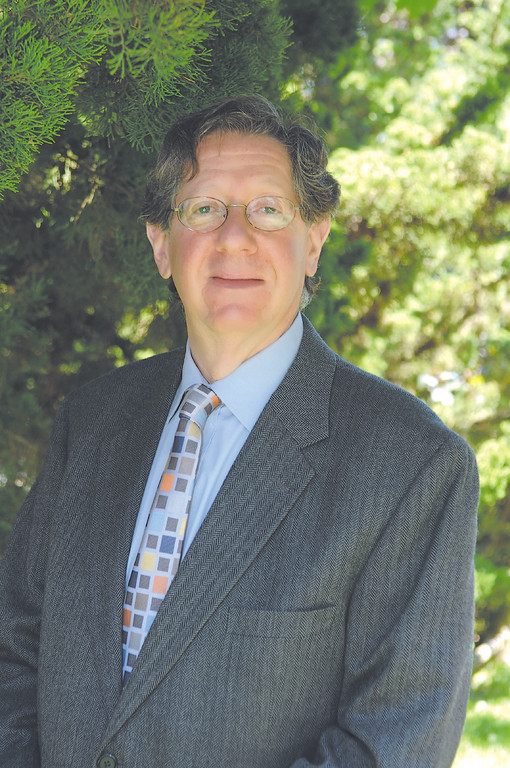Lesson of Elul: Stop cheating, stop stealing, stop deceiving ourselves
This week’s essay will focus upon some timely observations and precious words to learn and study for the remainder of the month of Elul.
Rabbi Avi Shafran is perhaps one of the most perceptive observers of the Jewish scene today and the following observation by him deserves your attention:
“For those who take this time of the Jewish year seriously — and all of us should — Elul’s days can be daunting. There is so much that should be part of our lives but isn’t, and so much that is but shouldn’t be. There are resolutions we accepted at this time last year and fulfilled only imperfectly, if at all. And new resolutions that beckon from a better place,
“Picking a flower to present to one’s wife or adding that hot pepper your husband so likes to the cholent doesn’t take much time or effort. But small things can bespeak, and help advance, a relationship.
“That’s a good word for Elul: Relationship. The month’s name’s initials are famously said to stand for ‘I am my beloved’s, and my beloved is mine’ (Song of Songs, 6:3). What we seek during the coming weeks, in the end, is a stronger, more healthy, relationship, with our Creator and with His other creations.” (“Little Is Much,” by Rabbi Avi Shafran, 2013)
With this wisdom as prologue, let us continue with the next teaching from Psalm 27, from my dear friend, Rabbi Dr. Eliyahu Safran of the Orthodox Union, who relates to us the following that we learn from the last phrase of this sacred psalm:
“Among the students coming for a new year at a college was a young man who hobbled on crutches, a young man who was particularly friendly and optimistic. During the year, he won many academic honors along with the respect of his classmates. One day, a classmate asked the cause of his deformity. With a shrug, the young man said, ‘Infantile paralysis.’
“This intrigued the classmate and so he asked, ‘With a misfortune like that, how can you face the world so confidently?’
“The young man leaned on his crutches and smiled. ‘Oh,’ he replied, ‘the disease never touched my heart.’”
Rabbi Safran concluded this teaching with the following:

 80.0°,
Partly Cloudy
80.0°,
Partly Cloudy 




